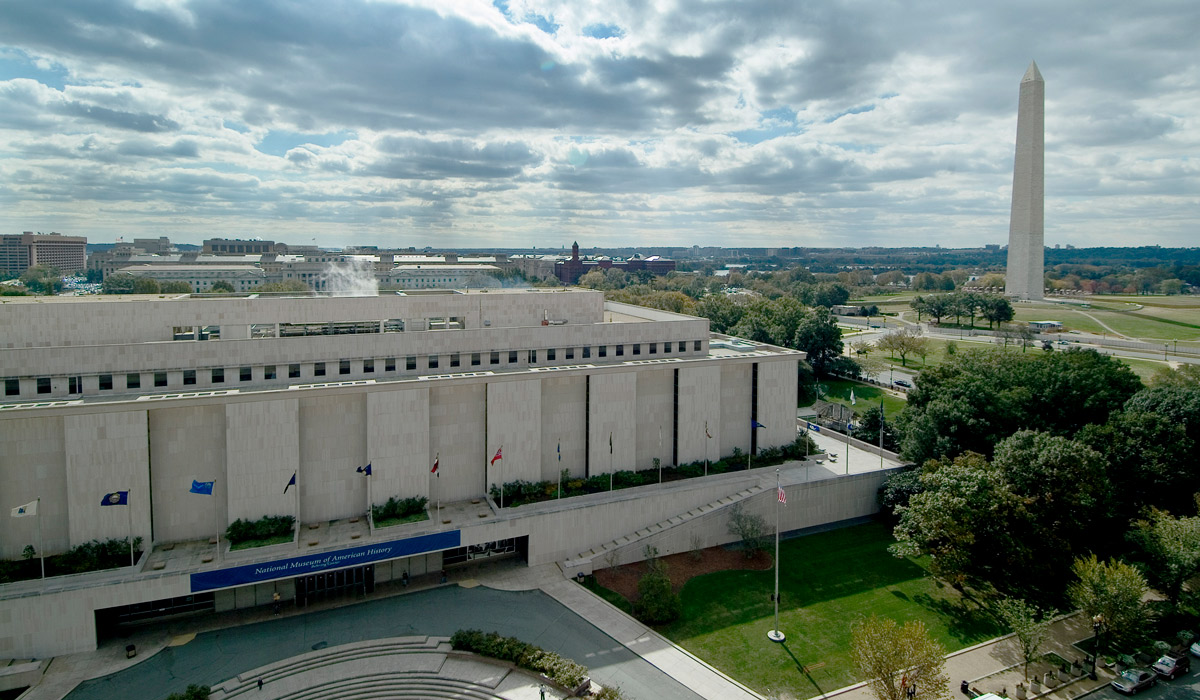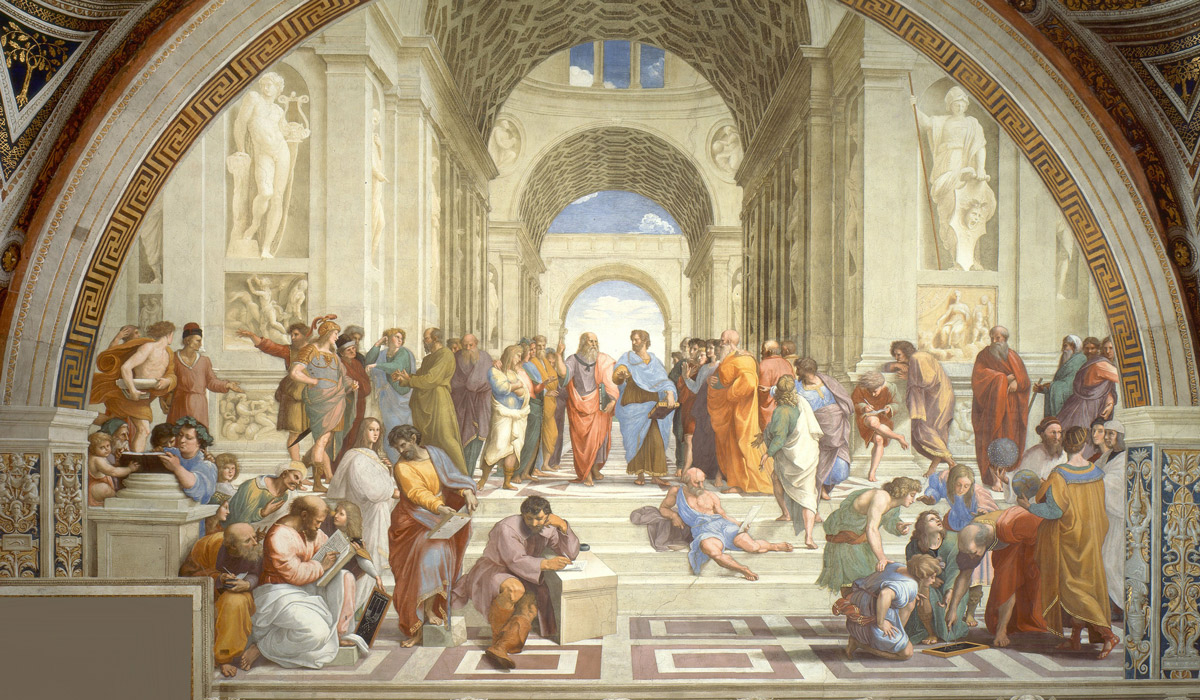This option, a field within the M.A. in history, is designed for individuals wishing to study the historical dimensions of religion and religious experience in the period from the 14th through the 18th century (1300-1800) in Western Europe and the Western Hemisphere.
The program combines a scholarly focus with a broad range of approaches and concerns. Although it addresses theology, doctrine and religious institutions, its main focus is to place religion in its social context and historical perspective. Topics treated in the range of courses offered include religious belief and popular practices; lay piety and religious enthusiasm; religious reform and evangelization; ritual and mysticism; secularization and tolerance; and the relationship between religion on the one hand, and science and politics on the other.
The faculty of the Department of History and Anthropology is particularly strong in all aspects of this program, with a number of professors who study religion and whose chronological focus is the late medieval and early modern periods. The program also draws upon the participation of members of Catholic University’s distinguished School of Theology and Religious Studies.
The requirements for this field include
- a minimum of 30 credit-hours of coursework, or 10 courses (up to 6 graduate-level credit-hours may be transferred from another university)
- of these courses one must be History 601 (Historical Analysis and Methodology), two must be research seminars (800-level courses or History 793, Directed Research), and the remainder are colloquia or readings courses
- proficiency in one foreign language
- a comprehensive examination lasting four hours per day on two consecutive days, after or near completion of coursework
The M.A. usually requires three or four semesters of full-time study.
All applicants for graduate study in History are automatically considered for funding, provided the application is received by the February 1 deadline. No separate application is necessary. The Department will ordinarily admit a Ph.D. applicant only when it is able to offer that applicant a funding package, usually a combination of scholarships for tuition, teaching assistantships and stipends. The Department admits M.A. applicants with or without funding, and is able to offer tuition scholarships only to some M.A. applicants. Students in the joint M.A./M.S.L.I.S. program are eligible for additional funding from the Department of Library and Information Sciences and are encouraged to consult them directly. CUA is an equal opportunity educational institution.
The initial point of advising is the Director of Graduate Studies in History, Dr. Jennifer Davis, to whom prospective students should address questions.
For full details of all aspects of the degree and its requirements, consult the History Department Graduate Handbook.
-

Why Study History in D.C.?
Learn More

